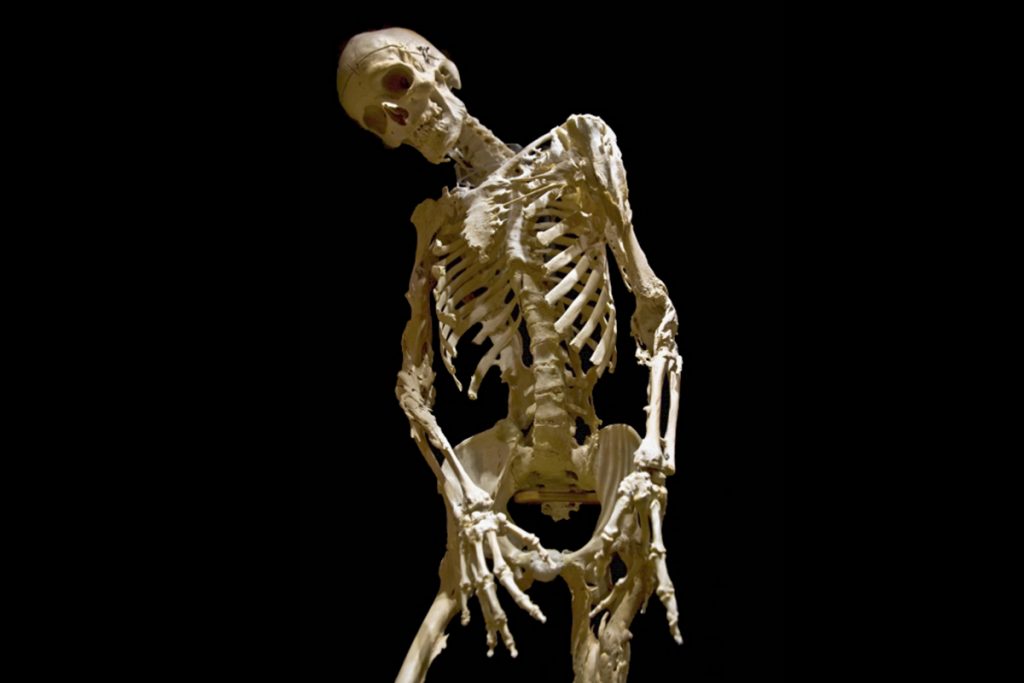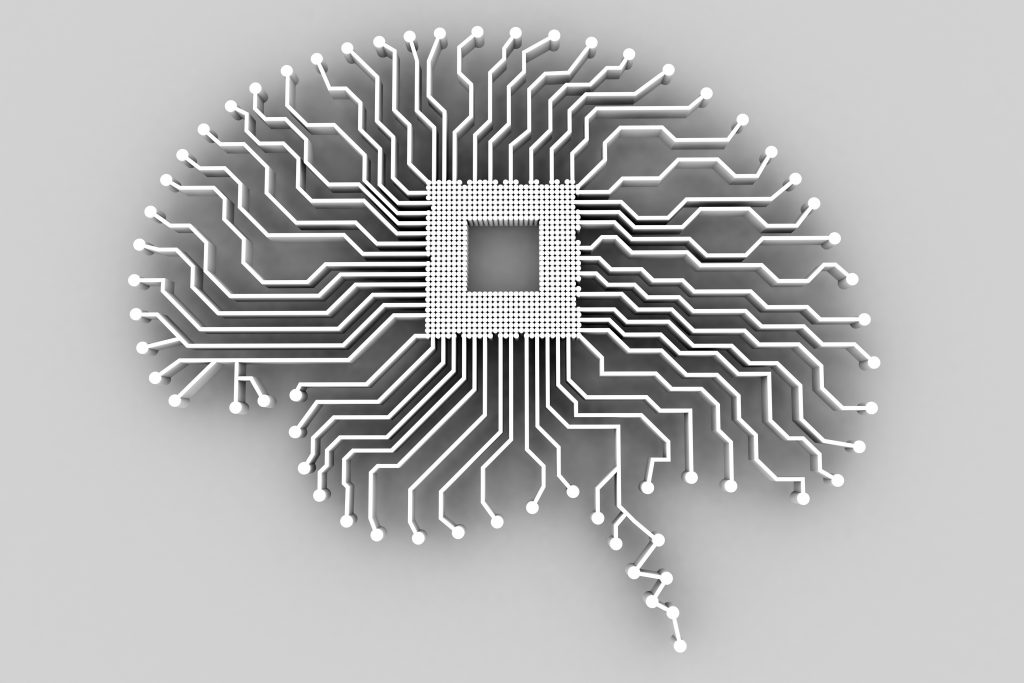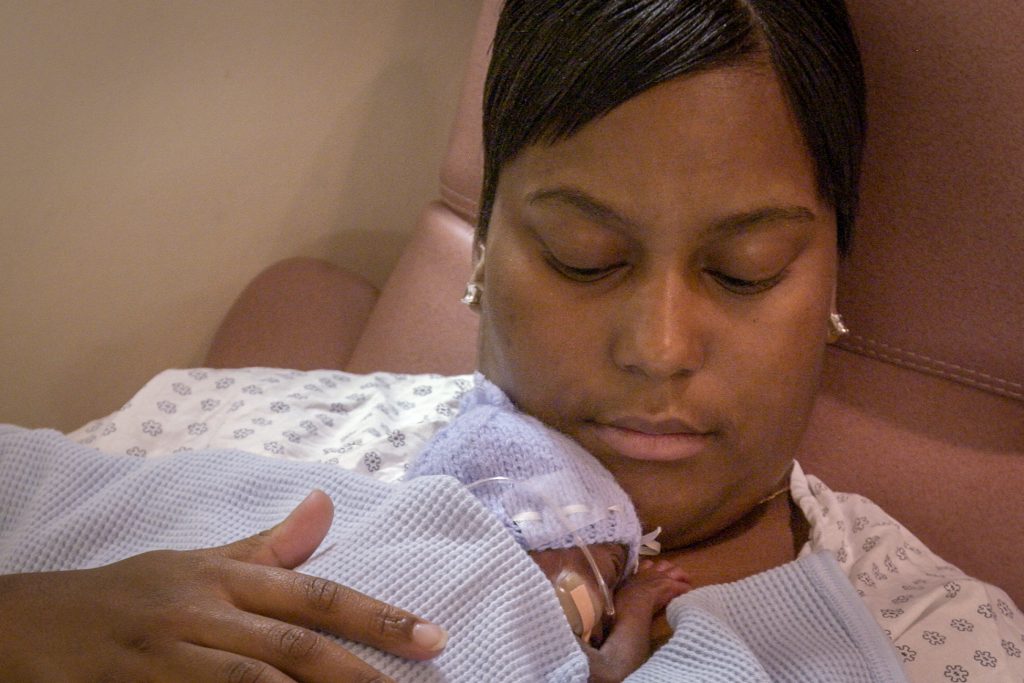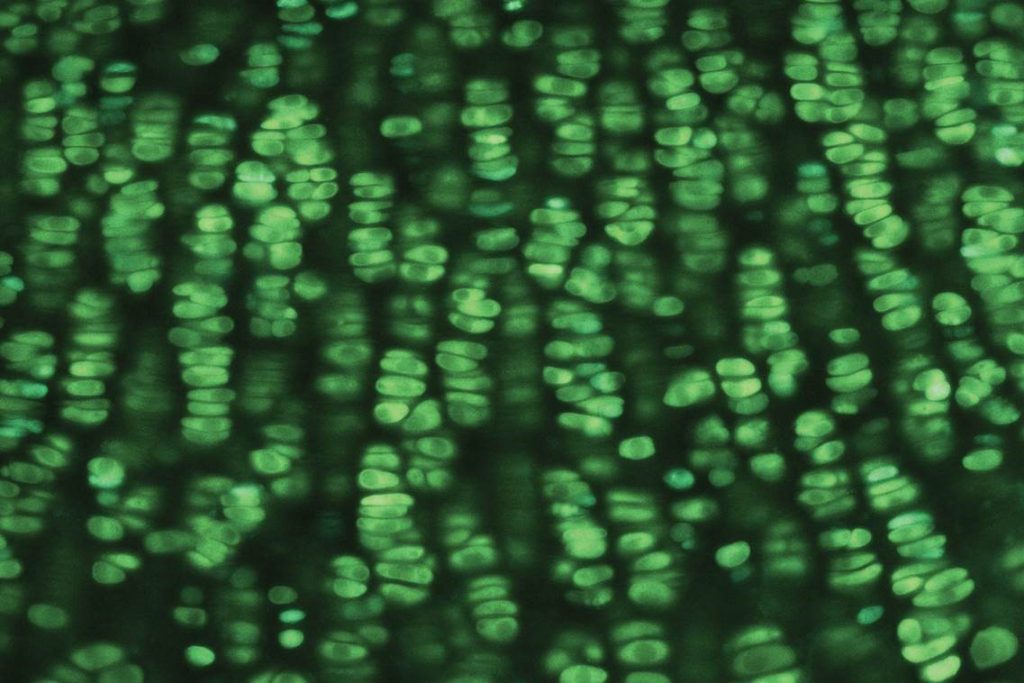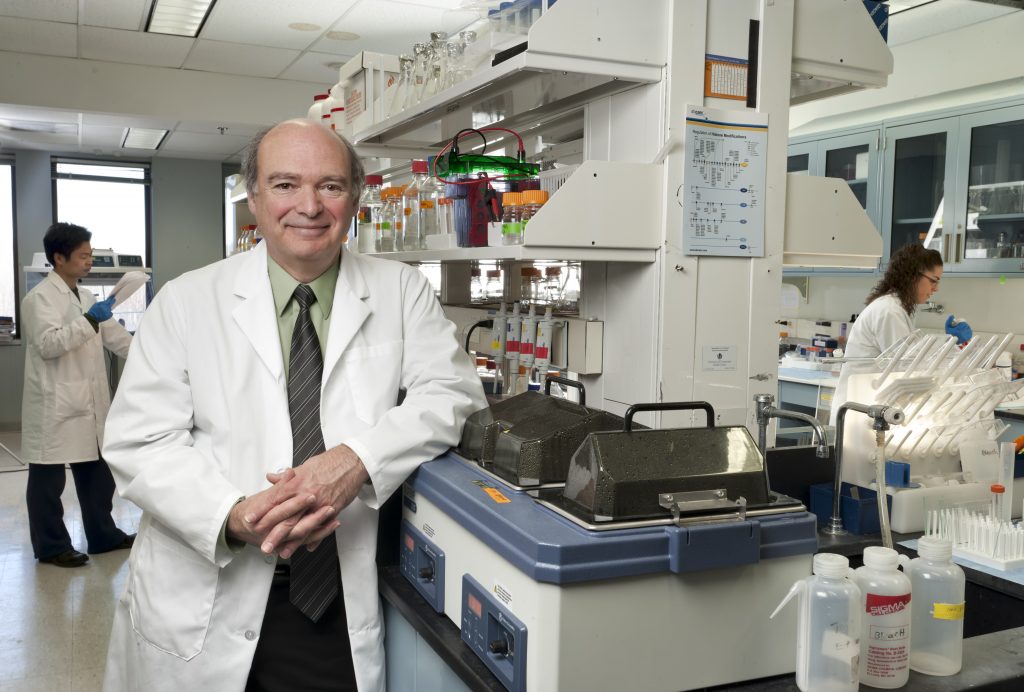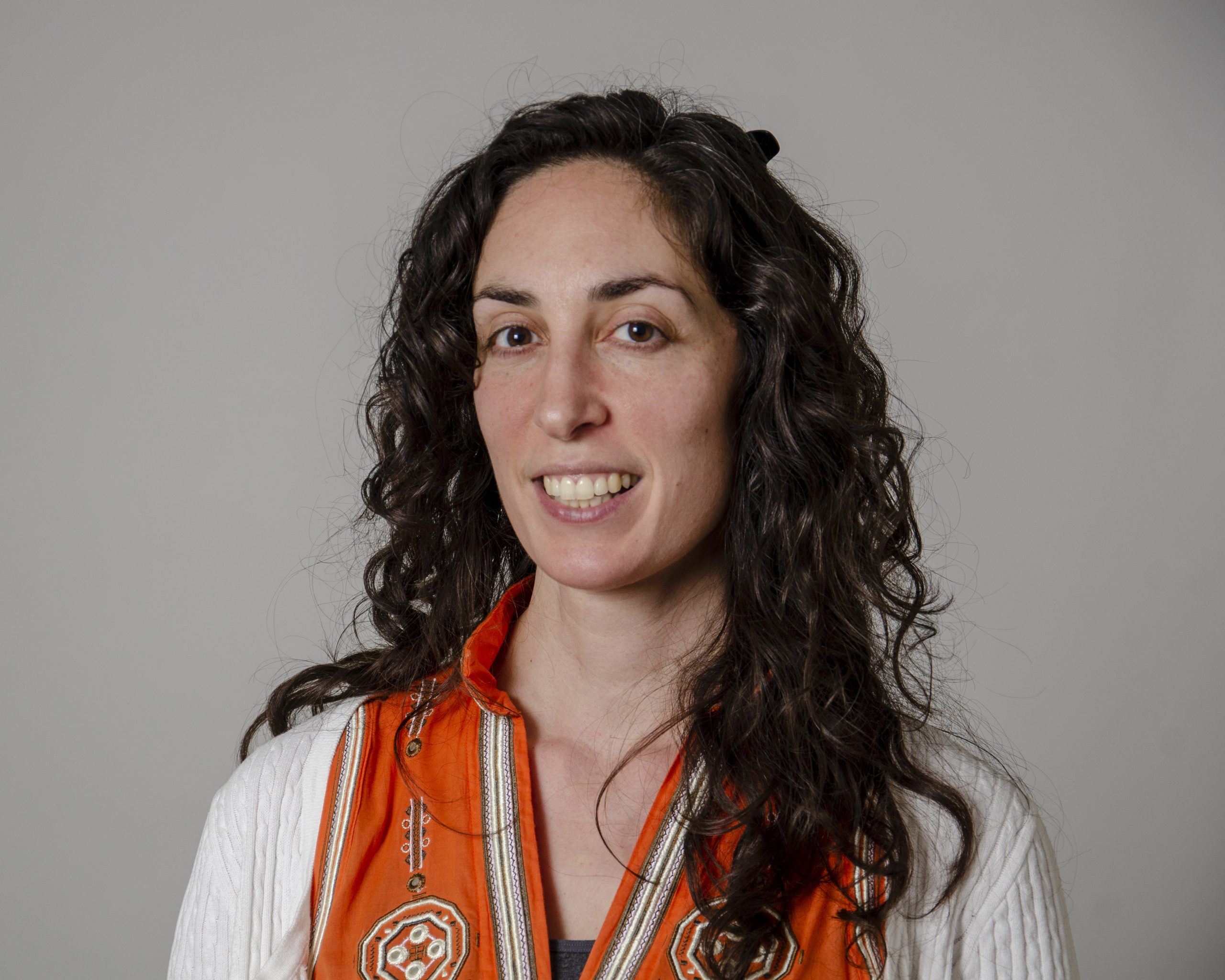
Writer
Kim Krieger
Kim Krieger has covered politics from Capitol Hill and energy commodities from the floor of the New York Mercantile Exchange. Her stories have exposed fraud in the California power markets and mathematical malfeasance in physics. And she knows what really goes on in the National Radio Quiet Zone. These days, Kim tells clear, compelling stories of the research at UConn. Her work connects Connecticut citizens and the press with the vast resources of their flagship public university. When not at UConn, she can be found kayaking among the beautiful Norwalk islands, digging in her garden, or occasionally enjoying the silence in the National Radio Quiet Zone.
Author Archive
New Nursing Dean to Focus on Teaching, Research, and Community Collaboration
The school has a strong clinical faculty dedicated to teaching the next generation of nurses, and the admission statistics to prove it: this year the School of Nursing received more than 1,900 application for 100 slots.
April 10, 2018 | Kim Krieger
Bones in All the Wrong Places
UConn researchers have shown how a mutation causes certain cells in muscle tissue to develop into cartilage and bone at injury sites.
March 27, 2018 | Kim Krieger
Brain Awareness: Toward Growing an Artificial Mind
UConn Health/JAX researcher Min Tang-Schomer is experimenting with nerve cells and electrical signals in a dish to recreate the way neurons 'talk' to each other in the brain.
March 15, 2018 | Kim Krieger
Brain Awareness: Can Caffeine Save the Tiniest Babies’ Brains?
Two UConn researchers are exploring ways to mitigate the effects of extended development outside the mother's womb on the brains of pre-term babies.
March 14, 2018 | Kim Krieger
Brain Awareness: Soccer Players May Offer Clues to Collective Movement
Flocking as a behavior is found among inanimate objects as well as living beings. Does that mean the brain doesn't have to think about it?
March 12, 2018 | Kim Krieger
Very Special Snowflakes
If you have a theorem in mind you believe holds true for all possible curves, you may want to test it against a snowflake, according to UConn mathematician Vyron Vellis.
March 7, 2018 | Kim Krieger
Figure Skating by the Book
As Olympic figure skating events begin in Pyeongchang, UConn professor Jaci VanHeest discusses the science behind the artistry of today’s elite figure skaters.
February 9, 2018 | Kim Krieger
Fertility Study Offers Unexpected Lead on Dwarfism
In the most common type of dwarfism, the fibroblast growth factor receptor is always 'on' so bones don’t grow enough. UConn Health researchers found a way to block that function in the lab.
February 5, 2018 | Kim Krieger
Giving Silenced Genes a Voice
UConn Health researchers generated cells that expressed the maternal copy of the Prader-Willi gene that, when silenced, causes the life-threatening disorder.
January 25, 2018 | Kim Krieger
Hollywood and Beyond: The Role of Organizations in Preventing Sexual Harassment
How to make good on Oprah Winfrey's promise to young girls that 'a new day is on the horizon,' according to UConn psychologist Vicki Magley.
January 8, 2018 | Kim Krieger

